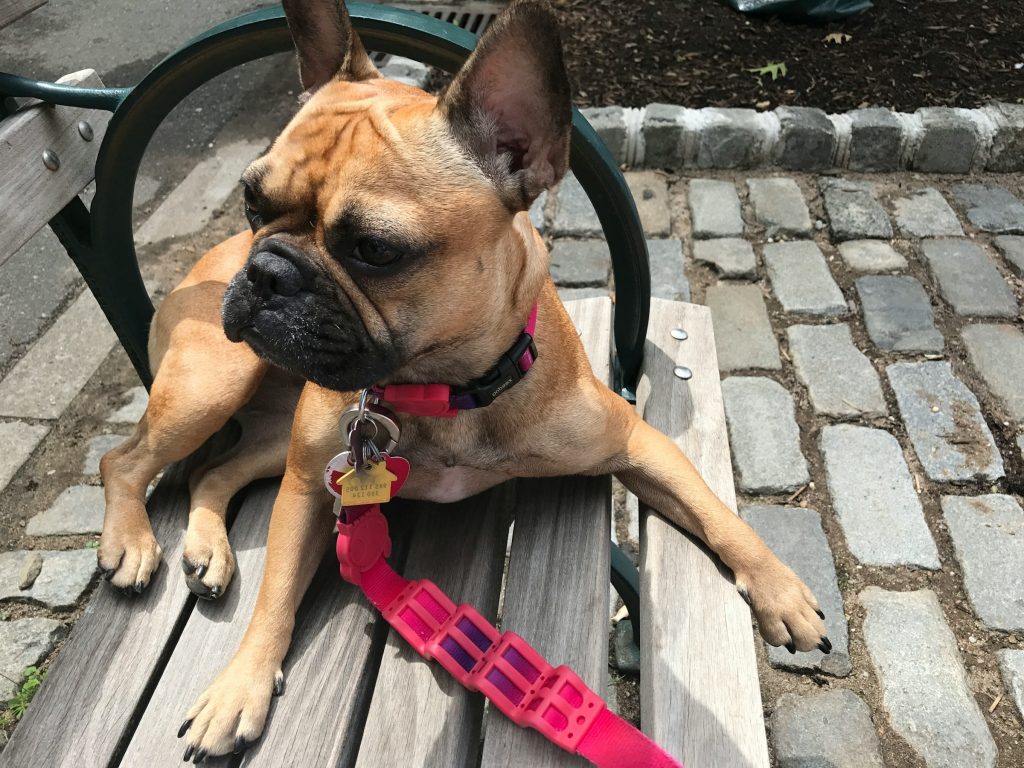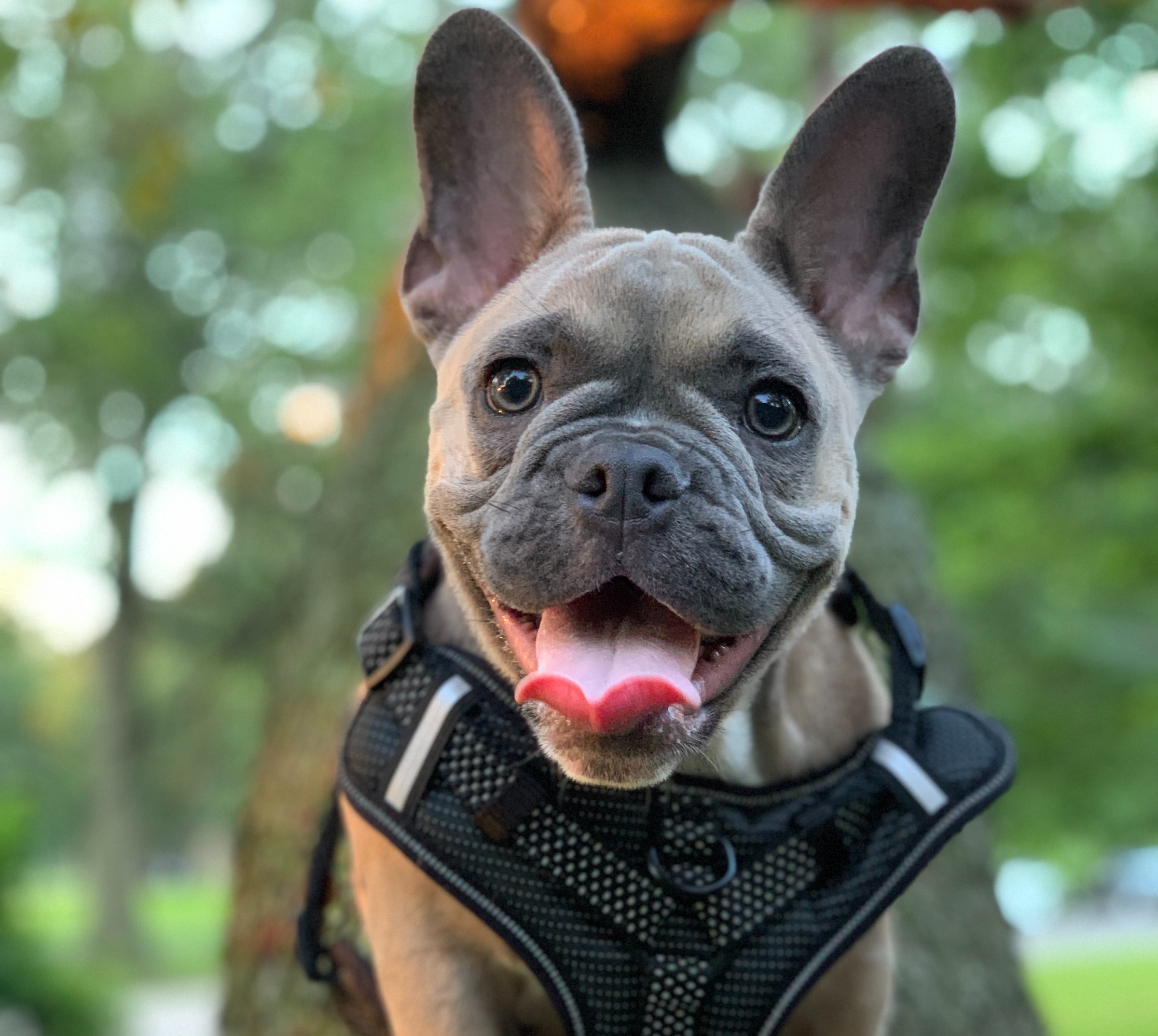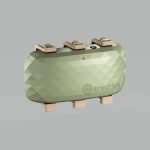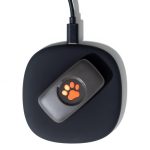Table of Contents

Disclaimer: I am not a vet, but an enthusiastic pet owner with a diverse knowledge of dogs, cats and other pets. Writing well researched articles recommending dog friendly products to in-depth guides. Please seek a certified vet for a professional opinion on your dog, these articles are written from my own research and opinions. Please read our Terms and Conditions for more! As an Amazon associate I earn from qualifying purchases.
When picturing a French Bulldog, one might imagine a charming, small dog with distinctive bat-like ears, exuding a demeanor of quiet confidence and playful spirit. Known for their loving and sociable nature, French Bulldogs make excellent companions, thriving on human interaction and the company of their fellow canines.
Despite their somewhat comical appearance, they are highly intelligent and deeply affectionate dogs, forming strong bonds with their owners and other pets in the household. However, bringing a new dog into the home of a French Bulldog involves more than a simple introduction; it requires thoughtful consideration to ensure compatibility.
In this article I aim to guide you through finding the perfect canine companion for your French Bulldog, focusing on breeds that match their temperament, energy levels, and physical size to promote a harmonious coexistence.

Credit Unsplash.com User @Unknown
Understanding French Bulldogs
Temperament:
French Bulldogs are known for their sociable and easygoing nature. They generally have a cheerful disposition, enjoying both moments of lazy comfort as much as playful antics. However, they can also show a streak of stubbornness, a trait that often requires patience and a gentle, consistent training approach. Their personality makes them adaptable to various living situations, whether it’s a bustling family home or the quiet companionship of a single individual.
Energy Levels:
Despite their bursts of playfulness, French Bulldogs possess a moderate energy level. They are not as demanding of exercise as some breeds, but they do enjoy short walks and play sessions. Their brachycephalic (short-nosed) facial structure means they can quickly become overheated or exhausted, so activities should be tailored to avoid overexertion.
Health Considerations:
French Bulldogs can be prone to certain health issues, largely due to their distinctive physical characteristics. Breathing difficulties, skin conditions, and joint issues are among the concerns for this breed. Potential companion dogs should have a gentle nature to accommodate the French Bulldog’s potential physical limitations, ensuring playtime remains safe and enjoyable for both dogs.
Key Factors in Selecting a Companion Breed
When contemplating the addition of a new canine friend to your family, especially one that will be a companion for your French Bulldog, several factors must be taken into account to ensure a good match. Here’s what to consider:
Size Compatibility: The physical size of the companion breed is a critical factor. Choosing a breed of similar size can prevent accidents during play and ensure neither dog is overwhelmed or intimidated by the other. French Bulldogs are small but sturdy, so a companion of a similar or slightly larger size but with a gentle demeanor is ideal.
Temperament Matching: Just as important as physical compatibility is the temperament of the potential companion. The ideal match would be a dog with a disposition that complements the French Bulldog’s sociable and laid-back nature. Breeds that are overly aggressive or excessively timid may not gel well with your French Bulldog’s personality.
Energy Levels: It’s essential to select a breed whose energy level matches that of your French Bulldog. While Frenchies enjoy playtime, their energy is more in bursts than continuous. A dog with a similar moderate energy level will ensure both pets can enjoy activities together without one becoming overexerted or the other becoming bored.
Taking these factors into account will help pave the way for a harmonious relationship between your French Bulldog and their new canine companion, ensuring they can share many happy moments together.
Top Companion Dog Breeds for French Bulldogs
Selecting the right companion for your French Bulldog involves considering the factors mentioned above. Here are some breeds that are known to make excellent companions for Frenchies:
- Pugs: Pugs and French Bulldogs share many similarities, making them excellent companions for one another. Both breeds have a friendly and laid-back nature, along with a similar playfulness and energy level. Their comparable size also means they can play safely together.
- Boston Terriers: Boston Terriers are another breed that harmonizes well with French Bulldogs. They share a similar stature and temperament, being both playful and affectionate. Their energy levels align nicely, ensuring neither dog overwhelms the other during playtime.
- Cavalier King Charles Spaniels: Known for their gentle and affectionate nature, Cavalier King Charles Spaniels can be a wonderful companion for a French Bulldog. They are adaptable and get along well with other dogs, bringing a calm and loving energy into the mix.
- Other Bulldogs: Considering other breeds within the Bulldog family, such as the English Bulldog or the American Bulldog, could also be a good match, given their similar physical characteristics and temperaments. However, it’s essential to consider the specific health needs and energy levels of these breeds to ensure a good fit.
Each of these breeds brings its unique qualities to the table, but they all share the potential to be a great companion to your French Bulldog. The next steps include proper introductions and ensuring a smooth transition to a multi-dog household, which will set the stage for a lasting friendship between your furry family members.
Ensuring a Smooth Introduction
Introducing a new canine companion to your French Bulldog requires patience, careful planning, and a positive attitude. Here are some steps to help make the introduction as smooth as possible:
- Neutral Territory: Begin introductions in a neutral area where neither dog feels territorial. This could be a quiet park or a friend’s backyard. Neutral ground helps prevent any defensive behavior.
- Leashed Introductions: Keep both dogs on a leash during their first meeting. Allow them to sniff each other and interact in a controlled manner. Observe their body language closely for signs of discomfort or aggression.
- Gradual Familiarization: Don’t rush the process. Allow the dogs to gradually get used to each other’s presence through several short meetings before any prolonged interaction.
- Supervised Interactions: Keep initial interactions supervised until you are confident both dogs are comfortable with each other. This oversight can prevent misunderstandings and help both dogs adjust at their own pace.
- Separate Resources: Provide each dog with their own food and water bowls, toys, and sleeping areas to prevent any resource guarding behavior.
Conclusion
Choosing the right companion for your French Bulldog is a journey that requires consideration of several factors, including size, temperament, and energy levels. By selecting a breed that complements your French Bulldog’s unique personality and needs, you can foster a lifelong friendship that brings joy and companionship to both dogs.
Introducing them carefully and adjusting your home and routines to accommodate another furry family member are crucial steps to ensure a smooth transition and a happy, balanced household. Remember, the goal is to enhance the quality of life for your French Bulldog and their new companion, creating a loving environment where both can thrive.
FAQ
Q: How long should I wait before leaving my French Bulldog and their new companion alone together?
If either dog shows aggression, separate them immediately and calmly. Consult with a professional dog trainer or behaviorist to address the issue safely. It’s crucial to understand the root of the aggression to work on it effectively.
Q: Can different genders of dogs live together peacefully?
Yes, dogs of different genders can live together peacefully, especially if they are neutered or spayed, which can help reduce territorial and competitive behaviors.
Q: How can I ensure both dogs get along in the long term?
Continuously monitor their interactions, provide separate resources to prevent resource guarding, and give each dog individual attention. Encourage positive experiences together and intervene gently if conflicts arise. Regular, joint activities can help strengthen their bond.
Q: Is it better to choose a puppy or an adult dog as a companion for my French Bulldog?
Both puppies and adult dogs can make good companions, depending on your French Bulldog’s temperament and energy level. Puppies may have more energy and require more training, while adult dogs might be a calmer presence. Consider your lifestyle and your French Bulldog’s preferences.












3 thoughts on “The Best Companion Dog Breed For A French Bulldog”
Comments are closed.